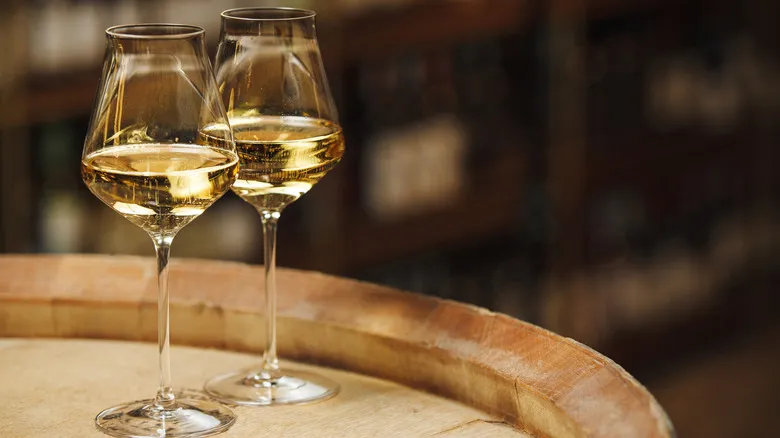How to look for vegan wines
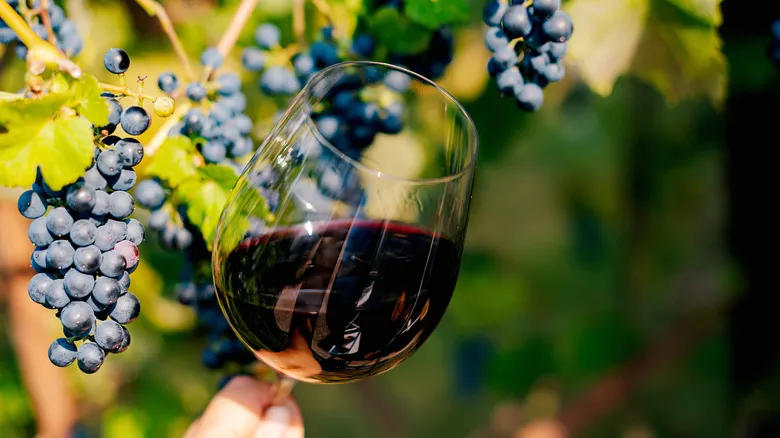
When shopping for vegan products, it’s often straightforward to determine if an item meets your dietary needs by checking the label or ingredients. For instance, vegan cheese typically indicates its status clearly. However, wine presents a more complex challenge. Wine labels frequently do not specify whether the product is vegan or if it has undergone fining, and if so, what type of fining agent was utilized. Some wines may mistakenly be labeled as vegan, based on the fact that fining agents are part of the production process but are not listed as ingredients. Additionally, winemakers are not legally obligated to disclose this information.
While fining is a common practice in winemaking, it doesn’t mean that all wines are unsuitable for vegans. There are vegan-friendly fining agents, such as activated charcoal and bentonite (a type of clay). However, it may not be clear which agent was used in the winemaking process. To verify if a wine is vegan, you might need to reach out to the winemaker or the company directly. You can also refer to a certification organization like BevVeg, which provides a list of verified vegan wines. Alternatively, wines labeled as "unfined" or "unfiltered" indicate that no fining agents were used, making them a safer choice. Natural wines that appear cloudy are typically unfined, making them a preferable option as well. Kosher wines are generally a better choice too, as they cannot contain casein or isinglass, although they may still be vegetarian since egg whites can be used in kosher wine production.
Recommended
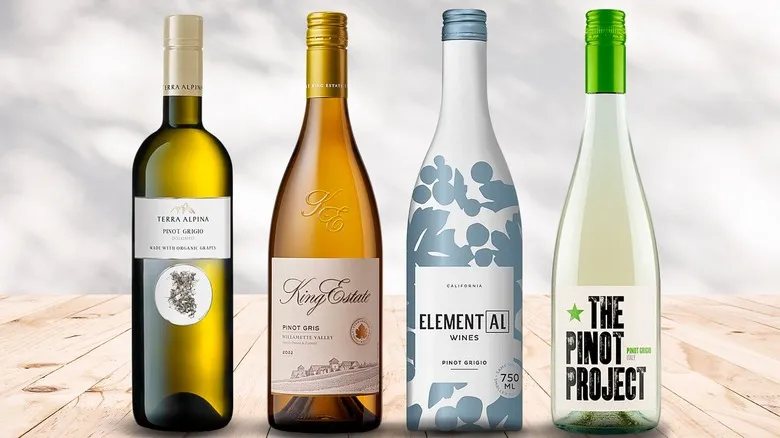
14 Of The Best Pinot Grigios For Every Budget

Yes, You Can Freeze Beer But Do It Correctly
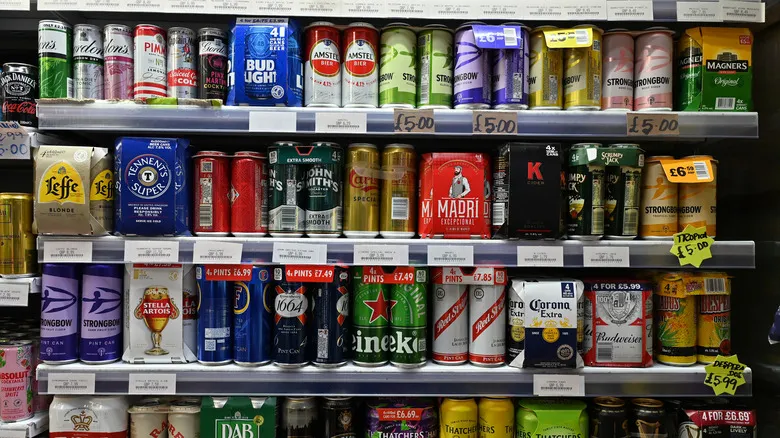
The Reason Beer Often Comes In Aluminum Cans
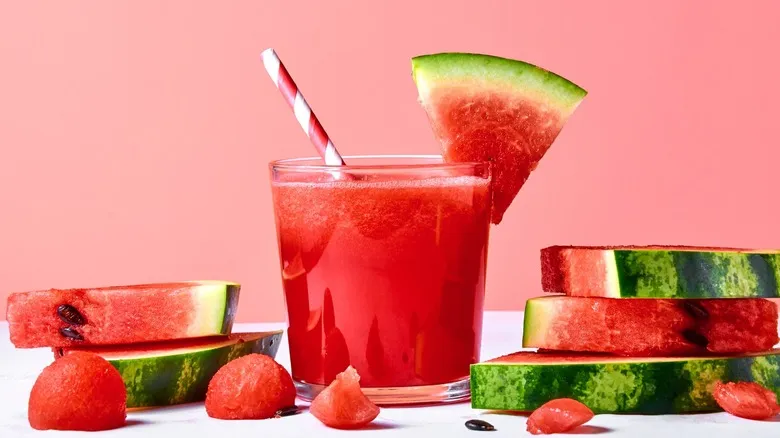
How To Make A Refreshing Watermelon Shandy With Just 3 Ingredients
Next up

